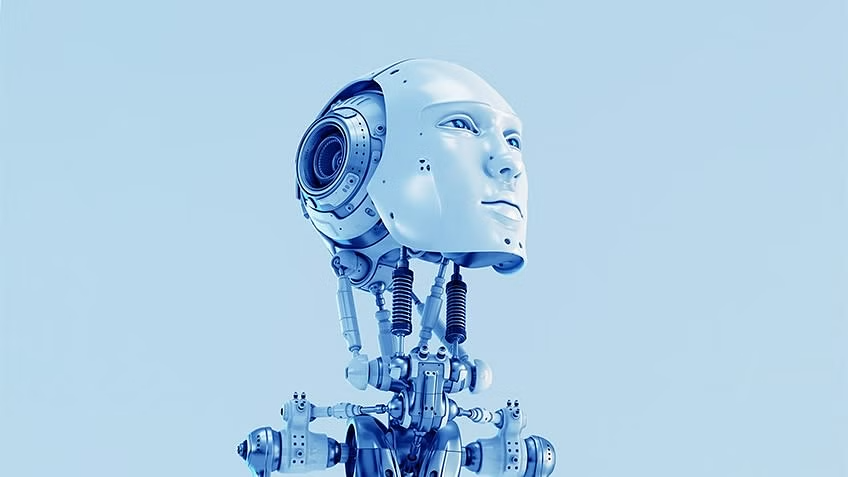
Biotech firm XtalPi Holdings, which focuses on accelerating drug development, has increased its successful chemical experimentation rate from 20–30% to 90% through the use of a specialized AI model, according to a report by SCMP.
“There are many good opportunities [for AI] in vertical areas. In pharmaceuticals, we see great potential for LLM applications,” said Zhang Peiyu, the company’s chief scientific officer.
He predicts that integrating robotics and artificial intelligence could halve the discovery process for new drugs from four years to two.
Founded in 2014 by quantum physicists from the Massachusetts Institute of Technology, XtalPi established an R&D base in Shenzhen, China, a year later. The company has become a major player in AI-driven drug development, serving nearly 80% of the world’s leading pharmaceutical firms.
In XtalPi’s automated chemistry lab, about 200 robots operate under AI guidance.
Despite these advances, Peiyu noted that China still lags behind the United States in top-tier innovation and fundamental research in biomedicine.
Context
- In December, researchers at the Chinese University of Hong Kong introduced an AI model for clinical ophthalmology tasks such as screening and diagnosis of diseases.
- Earlier, scientists created a “smart throat” system to help stroke and dysarthria patients regain natural speech.








 Cryptol – your source for the latest news on cryptocurrencies, information technology, and decentralized solutions. Stay informed about the latest trends in the digital world.
Cryptol – your source for the latest news on cryptocurrencies, information technology, and decentralized solutions. Stay informed about the latest trends in the digital world.